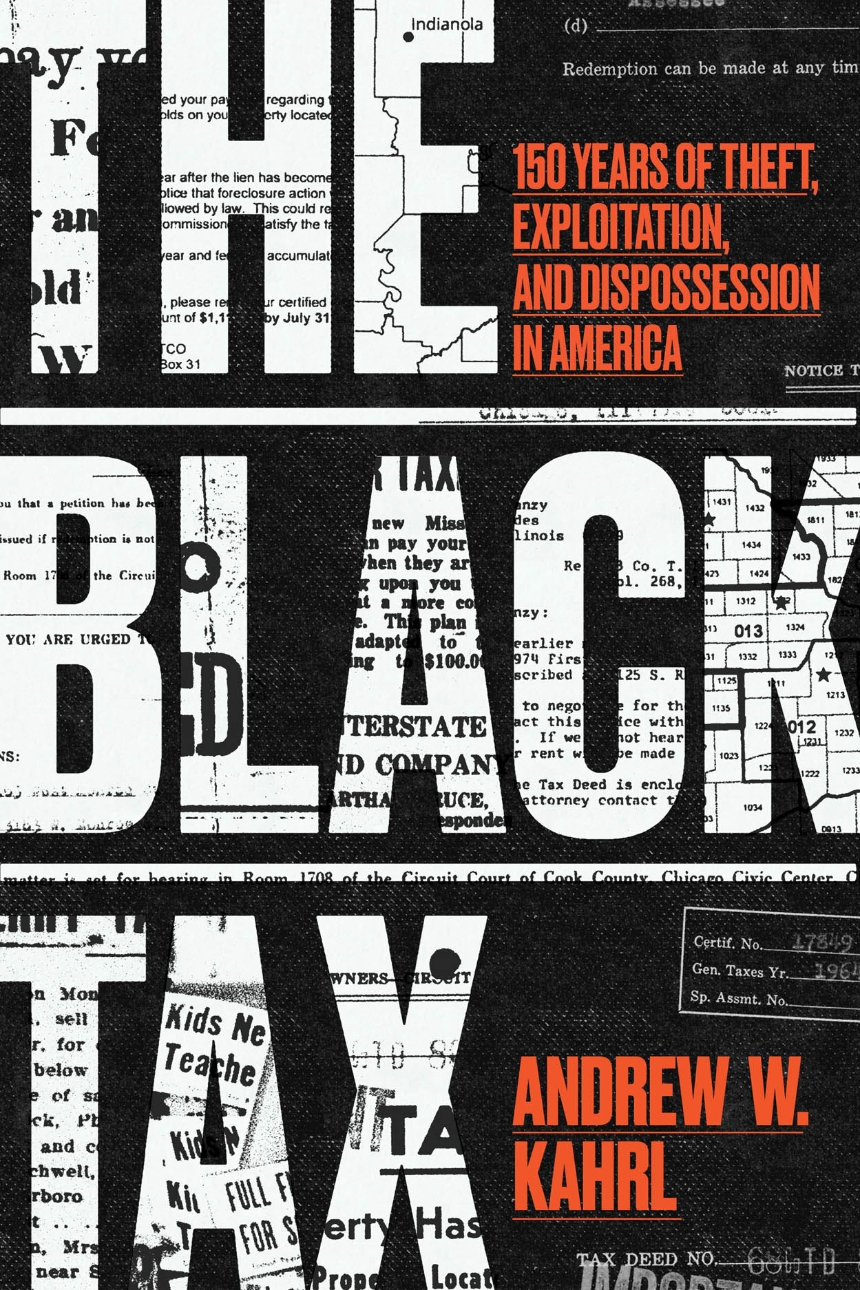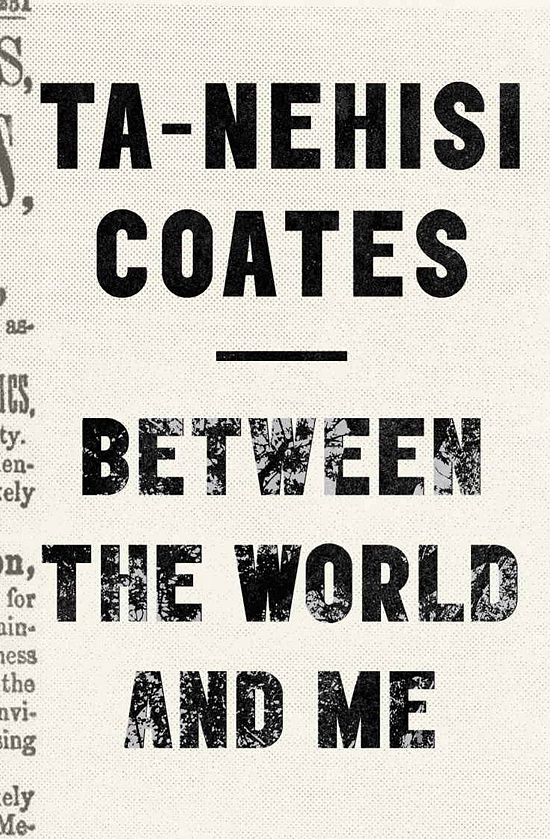
We Were Eight Years in Power: An American Tragedy
Book Description
Eight years of hope and despair collide in the heart of America. Ta-Nehisi Coates delves into the staggering journey of Black America during Barack Obama’s presidency, exploring the exhilarating highs and devastating lows that define this tumultuous era. With incisive, thought-provoking essays, Coates unveils the systemic struggles against racism, the battle for identity, and the unyielding pursuit of justice. Each chapter pulsates with urgency, challenging the notions of progress and power. What does it truly mean to be free in a nation still grappling with its buried truths?
Quick Book Summary
"We Were Eight Years in Power: An American Tragedy" by Ta-Nehisi Coates is a compelling collection of essays examining the complexities and contradictions of race and power during Barack Obama’s presidency. Drawing on history, culture, and personal experience, Coates reflects on the exhilaration and subsequent backlash faced by Black Americans during this period of supposed progress. Each essay analyzes a year of Obama’s presidency, addressing themes such as slavery’s enduring legacy, the myth of post-racial America, and the resurgence of white supremacy marked by the election of Donald Trump. Coates skillfully weaves together both personal anecdotes and socio-political analysis, illuminating the persistent structural inequalities and challenges to Black freedom and self-determination. The book questions the depth of American change and interrogates the very possibility of racial justice within entrenched systems of power.
Summary of Key Ideas
Table of Contents
The Illusion and Reality of Progress
Ta-Nehisi Coates frames his book around the duality of possibility and disappointment experienced by Black Americans during the Obama era. The optimism ushered in by Obama’s election is considered against the reality of enduring racial inequities. Coates examines milestones such as the passage of the Affordable Care Act and the cultural symbolism of a Black president, while also questioning how much structural change actually occurred. He explores the sense of hope felt in the era, as well as how these moments of progress were often precarious and vulnerable to reversal.
Systemic Racism and Historical Memory
Historical context figures prominently as Coates delves into the persistent legacy of slavery, Reconstruction, and Jim Crow. He argues that American history is marked by recurring cycles in which Black advancement is often met with violent backlash. Using essays on topics such as reparations and mass incarceration, Coates connects contemporary injustices to their roots in systemic racism, demonstrating that the myth of a "post-racial" America obscures the country’s unresolved historical debts.
The Politics of Black Identity
Central to the book is an exploration of Black identity and the complexity of representing Blackness within a historically white-dominated political landscape. Coates reflects on Obama’s careful navigation of race and the expectations placed upon him by both Black and white Americans. He interrogates how Black figures in power are often burdened by the need to prove themselves worthy, while also remaining suspect in the eyes of many, revealing the precarious nature of Black achievement in America.
White Supremacy and Backlash
The final essays consider the rise of overt white nationalism and the election of Donald Trump as a direct response to Obama’s presidency. Coates posits that American progress is often superficial and can give way to regressive backlash. He discusses how the enduring power of white supremacy shapes policy, culture, and national identity, and how it often reasserts itself most aggressively in the wake of perceived racial progress.
Personal Reflection and Social Justice
Throughout, Coates’s personal reflections on writing these essays and living through these years lend emotional depth and immediacy to the book’s social critique. He discusses his evolution as a thinker, the risks of public intellectualism, and the challenges of maintaining hope. Ultimately, Coates contends with the ongoing struggle for justice, urging readers to confront the uncomfortable truths of American society and engage meaningfully in the pursuit of freedom and equality.
Download This Summary
Get a free PDF of this summary instantly — no email required.





